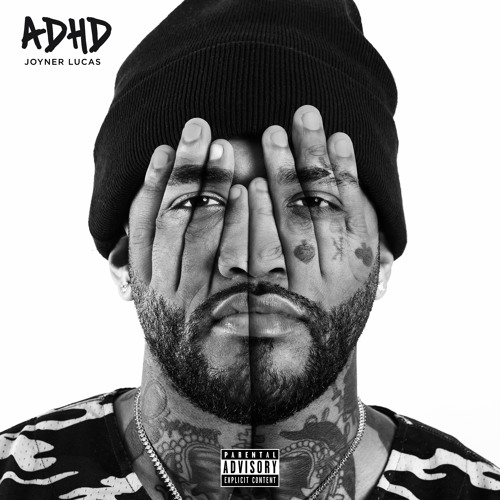Exploring the Journey and Impact of Joyner Lucas

Introduction
Joyner Lucas has emerged as a defining voice in contemporary hip-hop, renowned for his intricate storytelling and socially conscious lyrics. With a career that has spanned nearly a decade, Lucas has not only made an impact through his music but has also sparked discussions on important societal issues. His relevance in the music industry is highlighted by both critical acclaim and a growing fanbase, making him one of the most significant artists of his generation.
Rise to Fame
Born on August 17, 1988, in Worcester, Massachusetts, Joyner Lucas began his musical journey at a young age. He first garnered attention with his 2015 track “ROSS CAPICCHIONI,” which was praised for its intricate narrative structure and emotional depth. The song tells the harrowing story of a young man who is shot and left for dead, showcasing Lucas’s ability to blend personal experience with broader themes.
In 2017, Lucas released his EP “508-507-2209,” which further solidified his reputation in the industry. The project featured standout tracks like “I’m Not Racist,” which tackled racial tensions in America with a thought-provoking dialogue between two people of different ethnic backgrounds. The video went viral and sparked conversations about race relations, demonstrating how his artistry transcends mere entertainment to instigate social change.
Recent Developments
In recent years, Joyner Lucas has continued to push boundaries. His 2020 album “ADHD” was a commercial success, showcasing his growth as an artist and his evolving musical style. Collaborations with artists like Eminem on the track “Lucky You” have elevated his profile further, bringing his lyrical prowess to a wider audience.
In 2021, Lucas dropped several singles, including “Your Heart” featuring J. Cole and “Late to the Party,” which highlight his versatility and ability to adapt to the changing landscape of hip-hop. His music frequently emphasizes mental health awareness and personal struggles, a testament to his commitment to authenticity in his work.
Conclusion
Joyner Lucas stands out in the hip-hop scene as an artist who merges storytelling with activism. His ability to address pressing issues through his lyrics makes him not just a musician but also a cultural commentator. As he continues to release impactful work, it is clear that Lucas will play a significant role in shaping the future of hip-hop. Readers can expect more thought-provoking content from him as he ventures into new musical terrains and collaborations, solidifying his legacy in the music industry.









